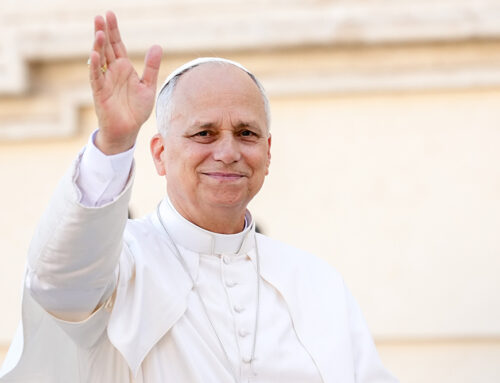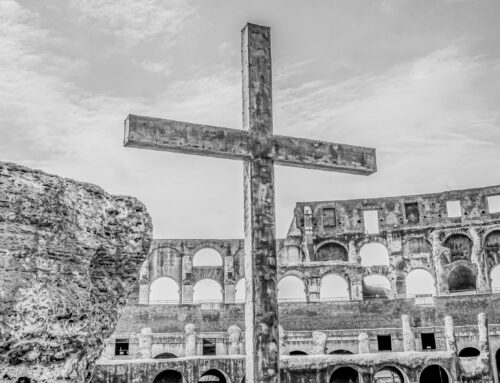Man-Devil: The Mind and Times of Bernard Mandeville, The Wickedest Man in Europe
John Callahan (Princeton, $48, 315 pages):
 Bernard Mandeville was a self-exiled Dutch writer who found his work on the Catholic Church’s Index Librorum Prohibitorum (Index of Banned Books). The libertarian writer is most famous for The Fable of the Bees, a book which stood trial in 1723 in Middlesex County, England, because it might “debauch the nation” because, in John Callahan’s words in his biography of the 18th century writer, it did not “recognize (any) evidence of God’s influence or providence in the world.” Yet no less an authority than Nobel economist F.A. Hayek saw Mandeville as an essential libertarian who first discovered “the evolution of the spontaneous formation of an order.” Callahan’s Man-Devil explores Mandeville’s ideas, which he places firmly in the libertarian camp, and is something less than an actual biography of the man. Born in Rotterdam, Mandeville left the Netherlands after his family’s involvement in the Costerman Riots and settled in London. The Fable of the Bees, published in The Grumbling Hive along with assorted commentary on his poem, is 433 lines of doggerel that tells the story of a beehive. The busy and productive hive is touched, like all societies, by corruption, fraud, and greed (“Millions endeavouring to supply/Each other’s Lust and Vanity”). God answers their prayers to save them from their greed, turning them benevolent, content, and honest. The outcome for the hive is a disaster. The “economy” of the hive is destroyed because there is no more demand for luxury goods to impress their fellow bees and there is no need for locksmiths as people no longer lock their doors. Economic activity slows and the bees suffer. The parable suggests that greed is good, that it is the lubricant that makes an economy hum, or buzz. Callahan writes that Mandeville finds fallen human nature leads human society to a “tendency to self-organize itself into ordered patterns” that “emerge ‘spontaneously’ from nature itself, without any divine action.” This was revolutionary at the time, and it played an important role in redefining humanity’s relationships: between people, between individuals and society, and between individuals and a God. It is certainly possible to subscribe to the ideas of Adam Smith, Hayek and other free market intellectuals that place an emphasis on spontaneous order without accepting Mandeville’s atheism, but certainly Mandeville’s Godless vision of libertarianism has had an outsized influence on libertarianism though over the intervening three centuries, as Callahan makes clear.
Bernard Mandeville was a self-exiled Dutch writer who found his work on the Catholic Church’s Index Librorum Prohibitorum (Index of Banned Books). The libertarian writer is most famous for The Fable of the Bees, a book which stood trial in 1723 in Middlesex County, England, because it might “debauch the nation” because, in John Callahan’s words in his biography of the 18th century writer, it did not “recognize (any) evidence of God’s influence or providence in the world.” Yet no less an authority than Nobel economist F.A. Hayek saw Mandeville as an essential libertarian who first discovered “the evolution of the spontaneous formation of an order.” Callahan’s Man-Devil explores Mandeville’s ideas, which he places firmly in the libertarian camp, and is something less than an actual biography of the man. Born in Rotterdam, Mandeville left the Netherlands after his family’s involvement in the Costerman Riots and settled in London. The Fable of the Bees, published in The Grumbling Hive along with assorted commentary on his poem, is 433 lines of doggerel that tells the story of a beehive. The busy and productive hive is touched, like all societies, by corruption, fraud, and greed (“Millions endeavouring to supply/Each other’s Lust and Vanity”). God answers their prayers to save them from their greed, turning them benevolent, content, and honest. The outcome for the hive is a disaster. The “economy” of the hive is destroyed because there is no more demand for luxury goods to impress their fellow bees and there is no need for locksmiths as people no longer lock their doors. Economic activity slows and the bees suffer. The parable suggests that greed is good, that it is the lubricant that makes an economy hum, or buzz. Callahan writes that Mandeville finds fallen human nature leads human society to a “tendency to self-organize itself into ordered patterns” that “emerge ‘spontaneously’ from nature itself, without any divine action.” This was revolutionary at the time, and it played an important role in redefining humanity’s relationships: between people, between individuals and society, and between individuals and a God. It is certainly possible to subscribe to the ideas of Adam Smith, Hayek and other free market intellectuals that place an emphasis on spontaneous order without accepting Mandeville’s atheism, but certainly Mandeville’s Godless vision of libertarianism has had an outsized influence on libertarianism though over the intervening three centuries, as Callahan makes clear.




